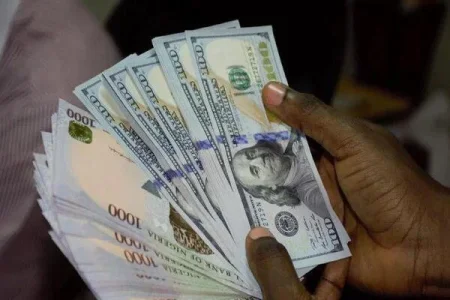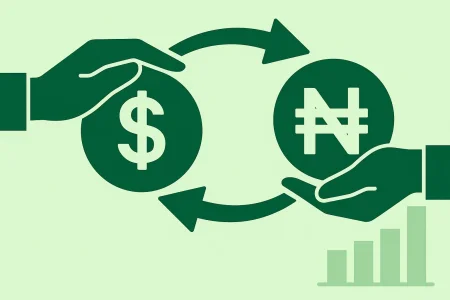
In response to the fluctuating dollar exchange rate, Nigerians are expressing frustration over the reluctance of sellers to immediately reduce prices despite the recent decrease in the value of the dollar.
The sentiment stems from the observation that when the dollar surges, sellers swiftly raise prices, but the reverse doesn't seem to apply when the dollar depreciates.
Many argue that this disparity showcases a lack of transparency and fairness in pricing practices. While some empathize with sellers, acknowledging the need to recoup losses from previously purchased goods at higher rates, others criticize the perceived exploitation of consumers.
Additionally, factors beyond currency fluctuations, such as increased customs tariffs and rising operational costs, contribute to the pricing dilemma.
Despite calls for immediate price adjustments, stakeholders highlight the complexities involved, including existing contractual obligations and the need for government intervention through stimulus relief measures to alleviate the burden on citizens.
As Nigerians navigate these economic challenges, they emphasize the importance of accountability and equitable pricing strategies to promote consumer welfare and economic stability.




